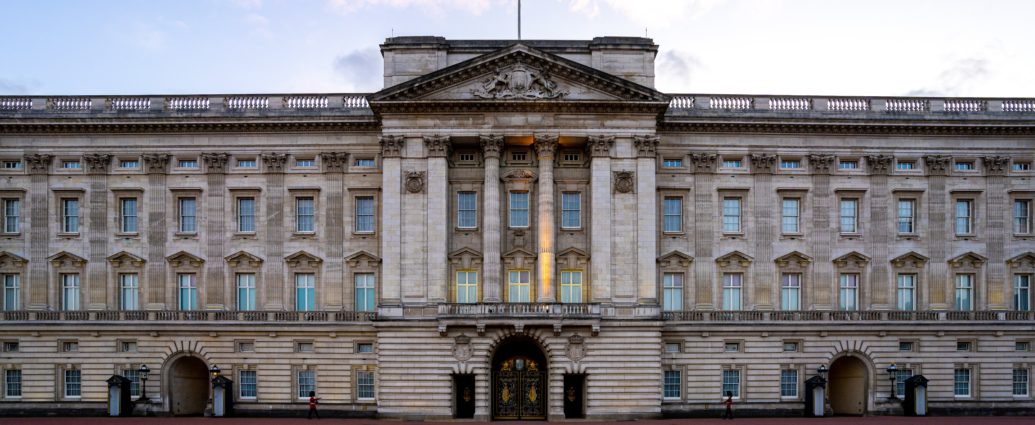Elizabeth Sorrell
Two weeks ago, Prince Andrew became only that: a prince. The Palace recently stripped the 61-year-old prince of all his military titles with the approval of the Queen herself. While he still has his HRH title, he will not be able to use it in any official context. But what role does the British public play in this case?
Prince Andrew And Virginia Giuffre
This was a result of a US court refusing to dismiss the civil court case between Prince Andrew and Giuffre. Consequently, Prince Andrew stepped back from his public royal duties and will be defending himself as a private citizen. However, there are still some unaddressed concerns about the implications of this confiscation of royal titles and patronages. Virginia Giuffre, 38, alleges that Prince Andrew sexually abused her when she was 17 years old in Ghislaine Maxwell’s house in Belgravia in 2001. This was when Epstein and Maxwell trafficked Giuffre from the United States to London with the intent of abuse.
Previous Losses
This is not the first time that the Palace has stripped Prince Andrew of royal privileges. Most notably, Prince Andrew lost his yearly allowance of £249,000 for royal duties, as mentioned in his infamous 2019 BBC interview. The remaining stream of income is the £20,000 yearly pension from the Navy. We cannot know exactly how much money he might receive from other royal family members such as the Queen. From an opulent royal to a 20k pensioner, will Prince Andrew be paying for protection and his legal team?
Pulling At The Public Purse Strings
All this considered, will the costs of Prince Andrew’s court case continue to come out of the the public purse? The Guardian predicts that the annual cost of security alone could reach £2 million for the taxpayer. This is not even considering his legal team and the prospect of paying an undisclosed amount of money in damages for the crimes that Virginia Giuffre alleges. Considering where our taxes have and have not gone over the past two years, I find this question to be of great public concern.
An extravagant amount of public money went into Boris Johnson’s apartment refurbishment but not to hungry children. Our taxes went towards dodgy PPE contracts and masks that ended up being useless but not towards vaccinating and housing the homeless this winter. If our taxes fund Prince Andrew’s civil court case, I should hope to see a revamp of our entire legal system whilst we are at it.
UK Legal System Cuts
Between 2013 and 2017, complainants had to pay a £250 fee to make a tribunal claim on the grounds of unequal treatment or unfair dismissal, and then a further £950 hearing fee at an employment tribunal. The British Supreme Court finally recognised this as unlawful, but this still does not account for the budget cut of 25% to the legal system since 2010 which ultimately compromises the liberty of the people.
Therefore, if we are to pay for this case, we are well within our rights to demand a dramatic expansion of financial support to other private citizens in the legal system. That may seem like a utopian pipe-dream, but it seems to be on the table more so for ex-royals than your average complainant or defendant.
This all comes down to whether a person is entitled to extra public funding for protection and legal representation due to their royal status, or the tattered remnants thereof.
I cannot fathom a similar outcome if the same situation happened to any normal person in any part of the UK on the same salary. Would public money protect an alleged sex offender and customer of the sex trafficking of minors? As a non-working royal, how is the payment of his case any different from the rest of ours? As former Home Office Minister, Norman Baker puts it, “he should have the HRH taken away along with his security”.
Looking To The Future
I find myself in adamant agreement with Baker. However, let this controversy be the gateway to asking ourselves about the legal system we currently live in. Do we also deserve public funding and compensation in our own civil court cases? If our lack of royal status prohibits us from the same access to legal representation, why is that? And should it change?
Image courtesy of Mike Marrah on Unsplash. No changes were made to this image. The image license can be found here.

